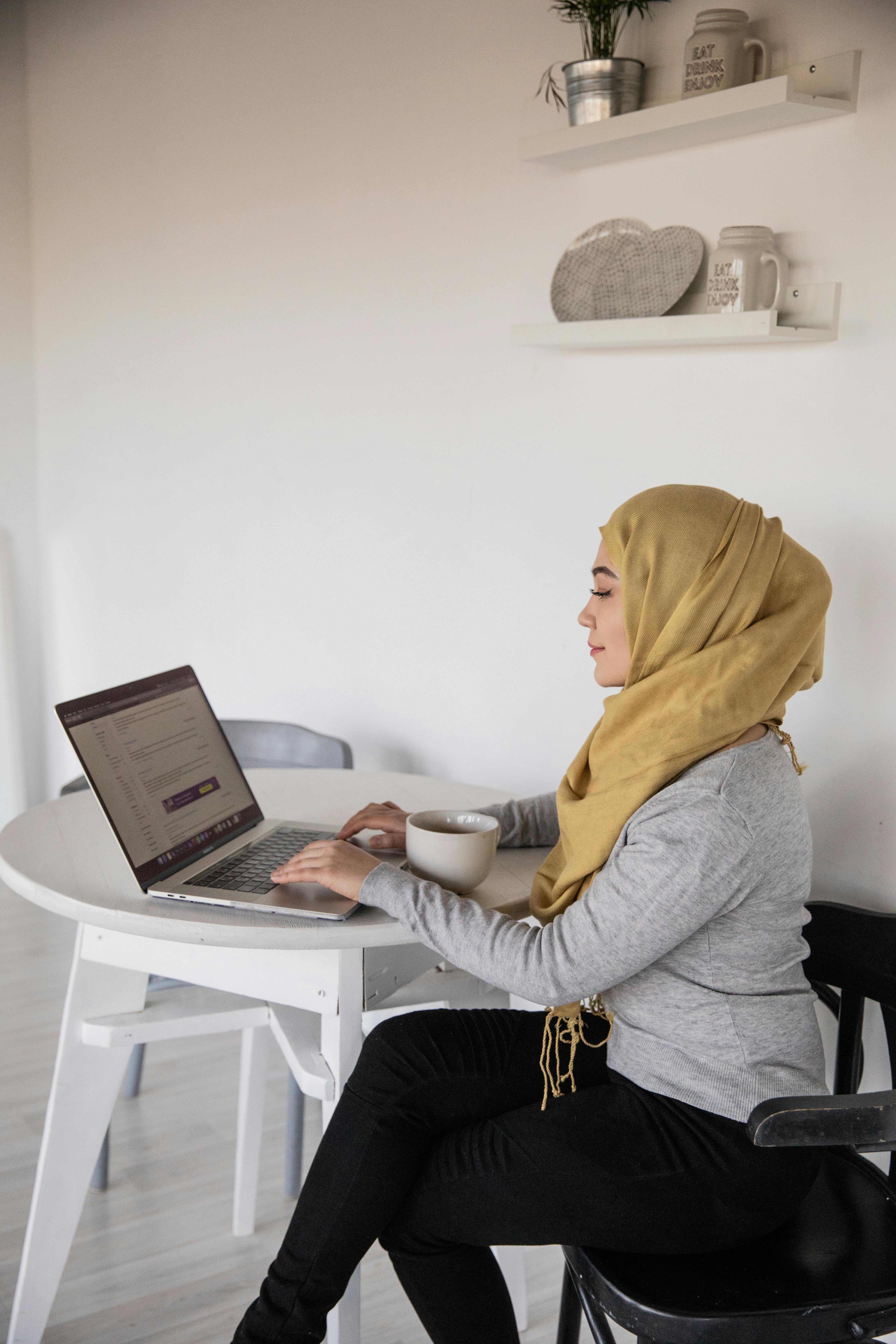Education is the most crucial factors in the development of any nation, and usually, national development depends on the level of training. Education determines social changes and the ability of people to live well. Over the centuries, the point of women's education in Islam has been a stumbling block for all the Muslims all over the world. Despite the fact that Islam emphasises the importance and equality of education for every man and woman, the access to education for Muslim women is still full of obstacles, due to several factors.
Early Marriage
One huge factor for denying basic education, is the early marriages young Muslim girls across the globe are forced into. After marriage when children are born, much of their time will be spent raising their family. Muslim women are taught to be good wives and mothers first, and so can knowledge or a degree for themselves is seen as much less important.
Unequal Rights to Education
Women face different challenges struggling for the equal right to education. One of the most crucial differences between Western and Eastern education is that religion is not regarded as essential part of science in the Western world. It separates religion from life and does not recognise hegemony of religion over social life. In Islamic countries, religion affects all spheres of social life and is an inevitable part of science. In some rural areas in Muslim countries, the percentages of women who can read and write are above fifty percent. However, in Afghanistan and Pakistan, religious and cultural restrictions still don’t permit women to get not only a degree but even have access primary education.
Dress
Unless a woman wears hijab (a head covering worn in public), in many cases it's accepted that she can only be taught by another female. While educational institutions are very sensitive to religious dress needs, dress code can also sometimes be an issue for Muslim women in colleges and universities across the world,
Despite different restrictions in female rights means that over the centuries, Muslim women have played an important role as scholars and scientists in schooling. For example, Fatima Al-Fihri, a Muslim princess founded the degree-granting institution in Morocco in 859 CE - University of Al Karaouine. The first wife of the Prophet Muhammad, whose name was Khadeeja, was a successful, highly educated businesswoman. Aisha, the mother of believers, is probably the best role model for all the Muslim women- she was a scholar, narrator and Islamic Jurist.
Despite different restrictions in female rights means that over the centuries, Muslim women have played an important role as scholars and scientists in schooling. For example, Fatima Al-Fihri, a Muslim princess founded the degree-granting institution in Morocco in 859 CE - University of Al Karaouine. The first wife of the Prophet Muhammad, whose name was Khadeeja, was a successful, highly educated businesswoman. Aisha, the mother of believers, is probably the best role model for all the Muslim women- she was a scholar, narrator and Islamic Jurist.








